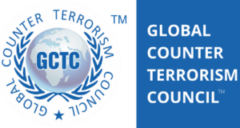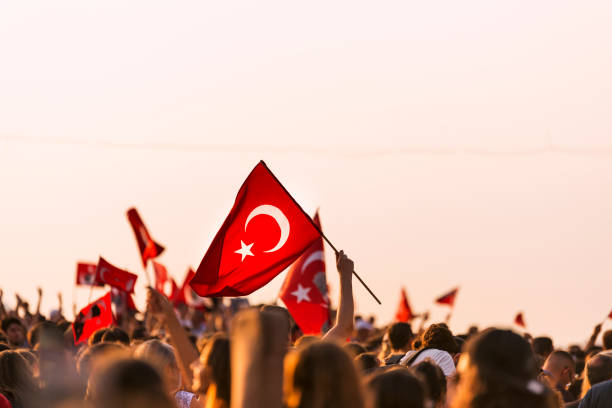Author: Anondeeta Chakraborty GCTC
August 5, marked the one year anniversary of the revocation of the special status of Jammu and Kashmir under Article 370.The effect of the decision has been felt both in the domestic as well as the foreign affairs of India. It was a bit uncanny, that there had not been much criticism of this decision by other states, as was “expected” and “feared” by the leaders of the ruling Party (as other past events on Jammu and Kashmir have shown). On the contrary, it was branded as an internal matter of India and rightly under its sovereign jurisdiction. Such an international stance on this issue was not well received by our neighbour Pakistan, and it tried its best to culminate an international response against this. Needless to say, that failed but it did manage to solicit responses from China (which was expected) and Turkey (thanks to their budding bilateral relationship)
With Erdogan taking over the presidency in 2014, there has been a sea change in Turkey’s pursuance of its internal as well as foreign affairs. Erdogan is known for his conservative and populist policies. The conversion of Hagia Sophia back into a mosque or the state sponsorship of the Ertugrul drama series, to woo Islamic sentiments in Turkey as well as, all over the world, can well attest the statement. Under him, Turkey is turning away from the secularist way of governance as was laid down by Ataturk, and religion is taking precedence more than ever. This equation of the prevalence of a common religion is bringing Turkey and Pakistan closer, not to mention the efforts put by the two populist leaders to foster those sentiments in their respective population.
Erdogan has always been vocal about the rights of the Kashmiri population in India and has taken a negative stance about the revocation of Article 370. It has also shown unflinching support to Pakistan’s stance on Kashmir. Many a times, Erdogan has openly talked about the human rights violation in Kashmir. Even though his constant concern and vigilance about the “protection of human rights” is welcomed, it would be really appreciative, if he shows the same amount of responsibility, towards the Kurdish people and the people of Northern Cyprus, because “charity should begin at home”
It is not unknown to the world the grave injustices, Turkey had done and is still doing to its minority Kurdish population. A minority of historians have even gone to the extent of calling it a “genocide”, aimed at their total elimination. Since the republic was formed in 1923, Turkey has embarked upon “ingenious” ways to crush the Kurdish people; banning Kurdish names, folklores, attires and all other forms of cultural representation by 1978. In an attempt to deny their very existence, the government had kept on categorizing the Kurds as “Mountain Turks” until the 1980s. Time and again, the Kurds have wanted to assert their right to self-determination, the Dersim and Ararat Rebellion would be the best to cite as examples. The Ararat rebellion culminated into Zilan Massacre; where about 5,000- 47,000 Kurds were killed mercilessly by the Turkish Army. Such state sponsored atrocities are still continuing to this day, and the Kurds are being denied of basic political and social rights in Turkey.
The situation is similar in Northern Cyprus as well, where Turkey has been accused of violation of several basic rights by the European Court of Human Rights, as per the European Convention of Human Rights, since its Invasion in 1974. This self-proclaimed territory of Northern Cyprus, recognized only by Turkey, has been seeing major disregards to international Human rights law, especially towards Greek Cypriots. The Turkish authority has constantly embarked on unjustified killings, police brutality and violence on this minority section. The Cyprus 2018 Human Rights Report by the US, shows an accurate picture of severe repression of basic human rights in Northern Cyprus. The European Court of Human Rights, again and again, in various rulings, has asked Turkey to address these burning issues, which has never been into serious consideration by the Republic. (Andreou V. Turkey, Loizidou V. Turkey, etc.)
Although Erdogan’s deep concern to “safeguard human rights” in Kashmir is genuinely appreciated, but his primary focus should be elsewhere. While his own country has been the perpetrator of violence and injustice towards certain minorities, with no respect for basic human rights whatsoever; where religious orthodoxy, repression of female rights, radicalism has grappled the state once again…in such circumstances it is really not prudent of him to be commenting about the internal affairs of another state. He needs to hold on tightly to the loose reins of his own country first and can then embark upon his “duty” to salvage the world population of injustice, because “those who live in glass houses should not throw stone at others”.




